Settlement & beyond
What to expect once the deal is done - and how to thrive as a new homeowner.
What happens at settlement
Settlement is the final step in the buying process and the day your ownership becomes official. Behind the scenes, your solicitor or conveyancer will work with the bank and the seller’s legal team to ensure all funds are transferred, the property title is updated, and every document is signed off correctly. While it may sound complicated, most of the heavy lifting happens without you needing to be involved directly.
On settlement day, you’ll usually just receive a phone call confirming that everything is complete. That’s when the property becomes legally yours, and you can collect the keys from the agent. It’s a huge milestone - the moment months of planning, saving, and decision-making finally come to life.
How to prepare for moving in
Moving into your first home can be exciting, but it also requires preparation to keep things stress-free. Before the big day, think about the essentials: booking removalists or lining up friends to help, arranging storage if there’s overlap between properties, and setting up utilities like electricity, internet, and gas so everything works from the moment you arrive.
This is also a great time to do a pre-settlement inspection. This can be done on settlement. It’s just a final sanity check to ensure nothing has been missed, all fixtures and fittings are in tact that you are paying for. and of course, checking the keys!
Treat moving day not just as a chore, but as the chance to really make the space yours from the start.
Getting the keys is only the beginning - how you manage your home loan from day one can make a big difference over time. If your loan includes features like an offset account, you can reduce the interest you pay by keeping your savings or salary in that account. Similarly, a redraw facility allows you to make extra repayments while still being able to access the money later if you need it.
Setting up your loan for success
These strategies may seem small, but they add up over the years. Even keeping a few thousand dollars in an offset account can shave months off your loan term. It’s my job as your broker to help you understand which features suit your situation and how to use them effectively, so you’re not just paying off a home loan - you’re actively managing it to work in your favour.
Budgeting for life as a homeowner
Owning a home brings freedom and stability, but it also comes with new financial responsibilities. Beyond your mortgage repayments, you’ll need to budget for ongoing costs such as council rates, building and contents insurance, water bills, and maintenance. Unlike renting, if something breaks - a leaking roof, hot water system, or broken fence - you’re the one who has to cover it.
The best way to prepare is to create a “home fund.” By setting aside a small amount each month, you can build a buffer for unexpected expenses without throwing your budget off track. Homeownership is about planning for the long term, and having a safety net means you can enjoy your property without financial stress when those inevitable repairs come up.
Refinancing down the track
Your first home loan doesn’t have to be forever. As your life changes - whether you earn more, reduce debt, or the market shifts - refinancing can help you access a better deal. Refinancing might lower your repayments, shorten your loan term, or give you features that weren’t available when you first bought your home. It’s one of the most effective ways to save money as a homeowner.
Many buyers review their loan every two to three years to make sure they’re not paying more than they need to. Working with a broker makes this easy - you don’t have to shop around or decode complex terms, because a broker can compare options and recommend what’s best for you. Think of refinancing as a health check for your loan, ensuring it still fits your goals as life evolves.



